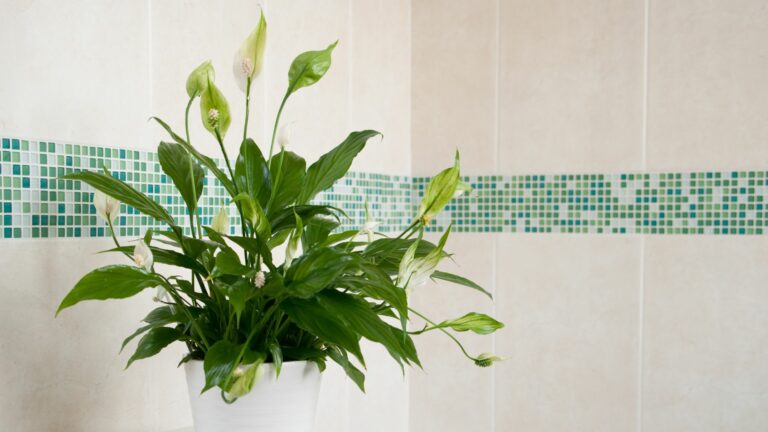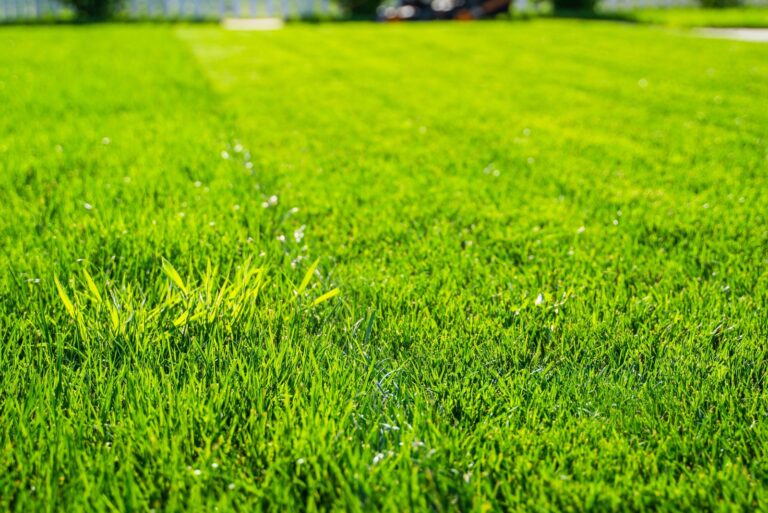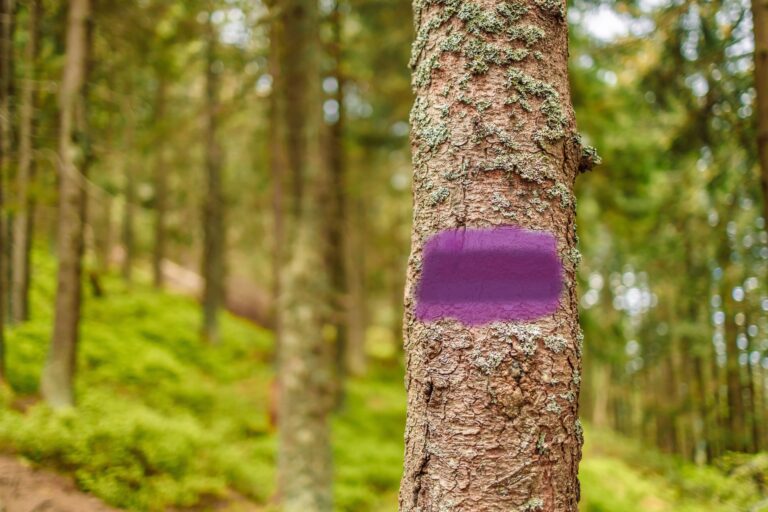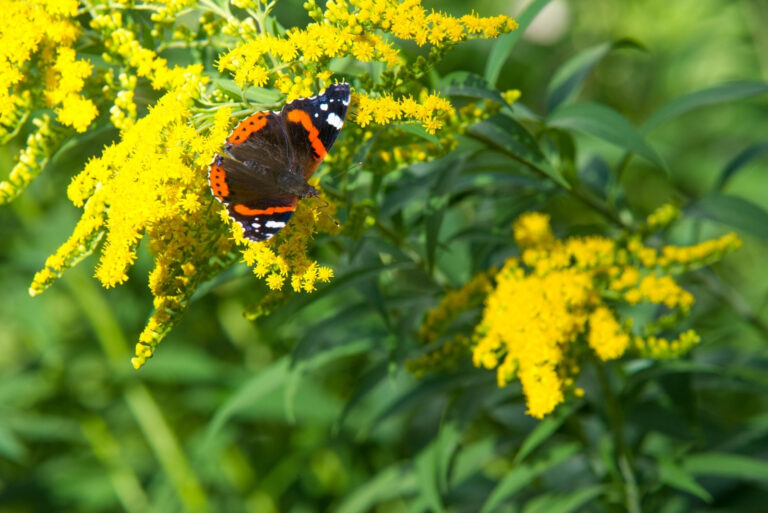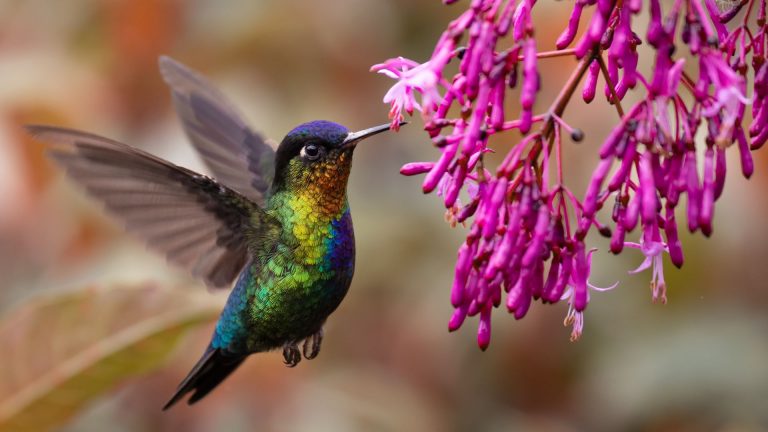This Is Why Leaving Grape Jelly Outside Could End Tragically For Hummingbirds
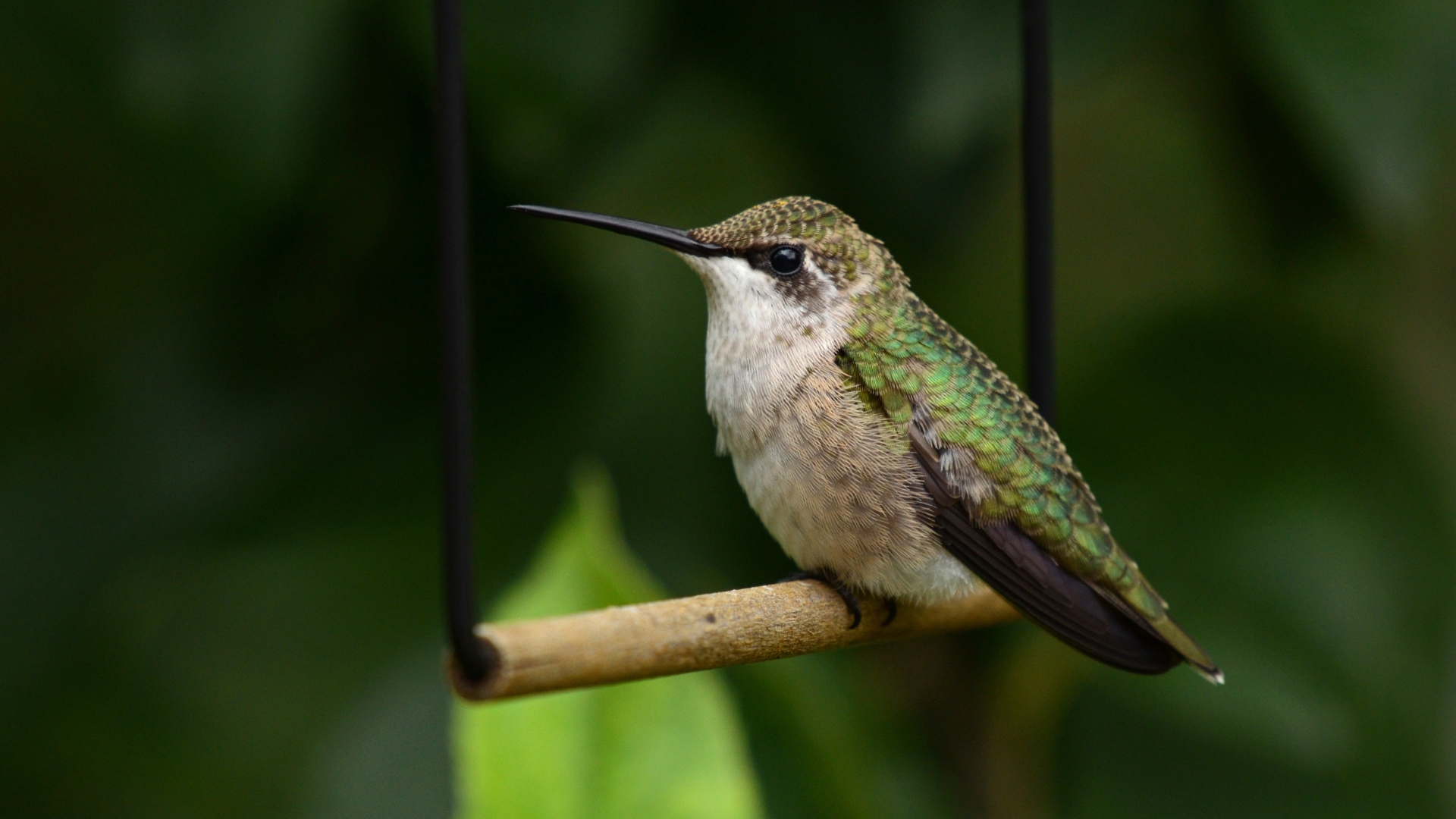
One of the first things I did in my yard was install a few birdfeeders. Yes, I enjoy watching these little creatures flying around and eating the snacks I leave for them!
But I also know the benefits of having little birdies in my garden, so it was a win-win situation. The only thing left after installing the birdfeeders was to fill them with food for my little fellows.
I was once told that birds adore grape jelly but, luckily, I did some research before I added any.
Among the bird lover community, it’s actually common knowledge that some bird species, such as orioles, enjoy feeding on grape jellies and that it’s not harmful to them.
And then I saw something that made my blood run cold. If you were leaving grape jelly outside or considering it, you should read this first:
Hummingbirds Are Weaker Than Other Birds And Grape Jelly Is Nothing But A Sticky Trap For Them
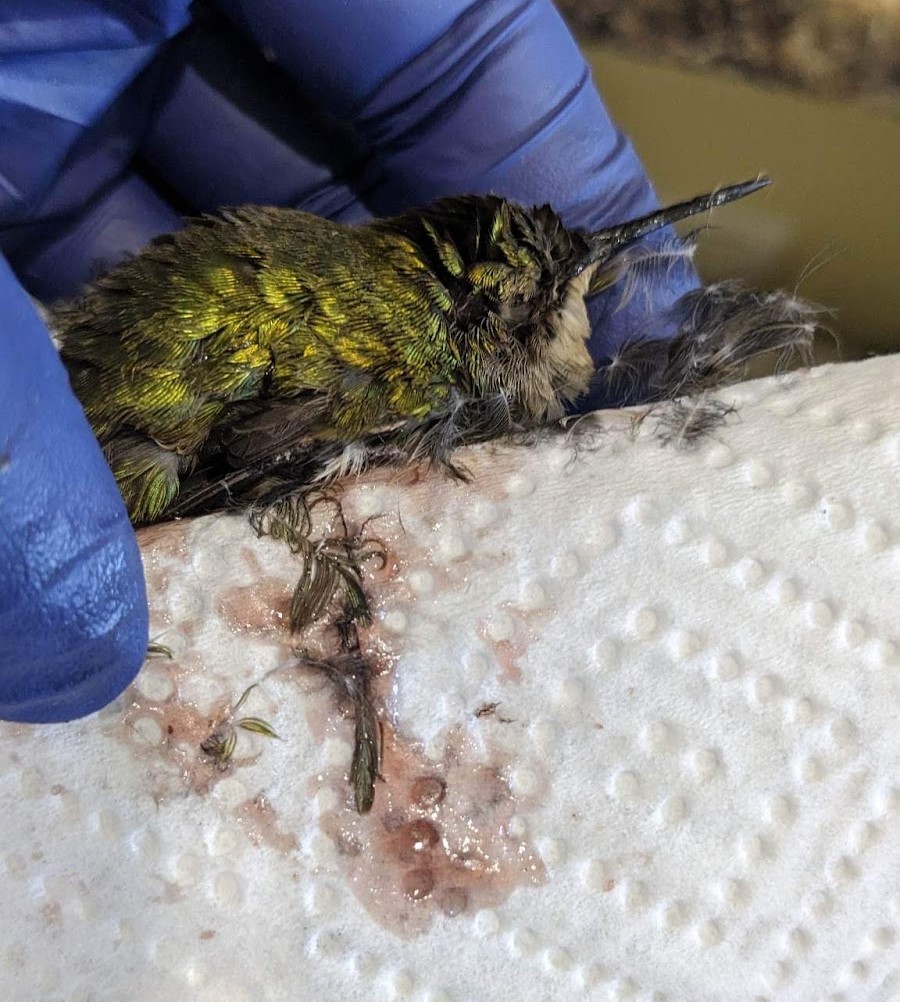
Yes, you read that right! This isn’t about poisoning hummingbirds with grape jelly but rather about trapping their little bodies. Once covered in this sticky substance, hummingbirds can’t escape.
Hummingbirds are nothing like other bird species! Their feet are very weak and they find it hard to walk over different surfaces. Imagine how it feels for them to slip into the jelly!
The problem gets even more serious when warm temperatures melt jelly. The feet, feathers, and wings of hummingbirds become completely covered in jelly. As time passes, the jelly hardens and the poor bird can’t fly away.
Unfortunately for some hummingbirds, it ends tragically.
Grape jelly was a trend last year and many people who used the classic orange slices technique for feeding birds switched to this ingredient. This is just proof that following trends isn’t always the best thing to do…
The first ones who warned us about this were members of Raptor Education Group Inc. They saw a few hummingbirds over a short period of time and they were all covered in jelly.
What worried them most was that the number of injured birds increased over the following months.
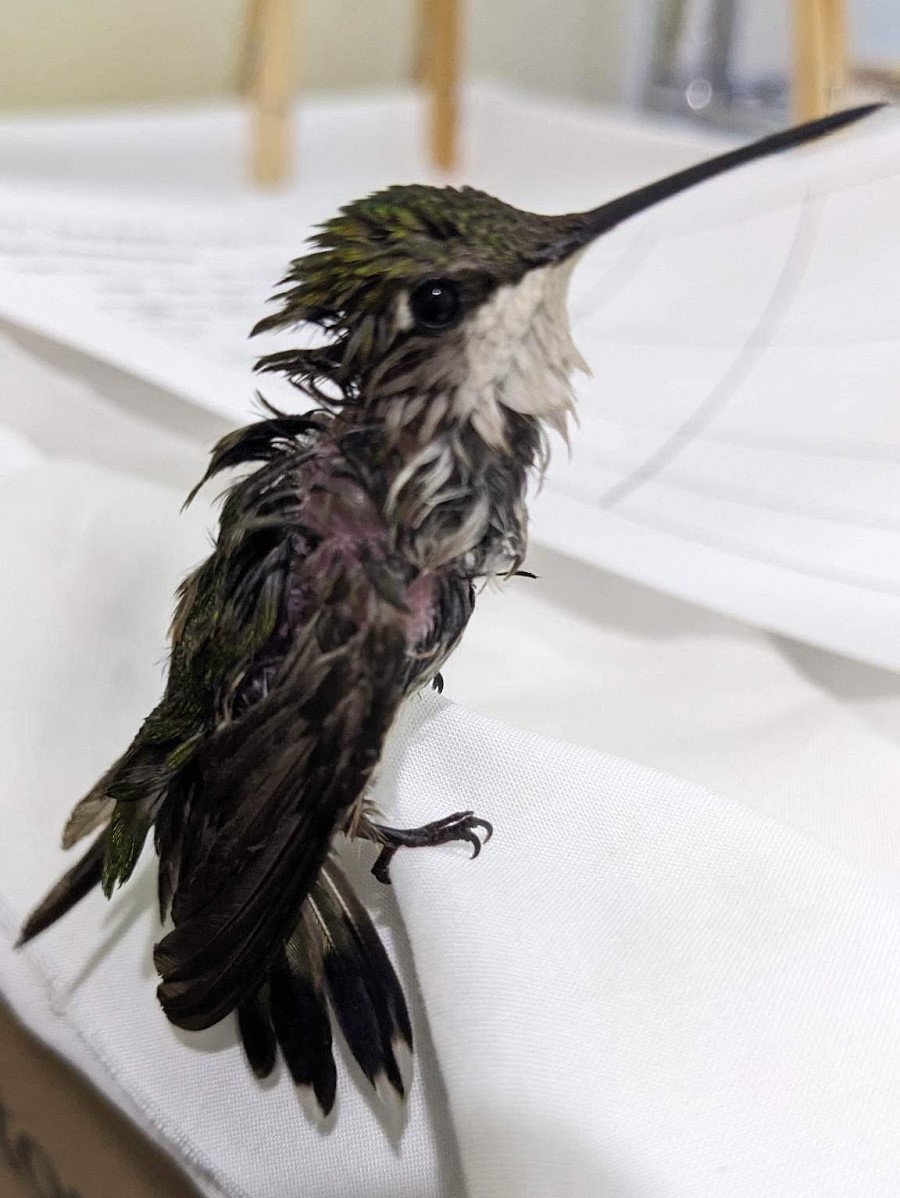
What many people don’t realize is that grape jelly doesn’t offer a lot of nutrients for birds. This refers to all birds, not just hummingbirds and orioles. I’m sure you already know that grape jelly is full of artificial sugars, so it’s definitely not a good option for a birdfeeder.
Now to the solution to this problem!
Give Hummingbirds These Healthier Alternatives To Munch On
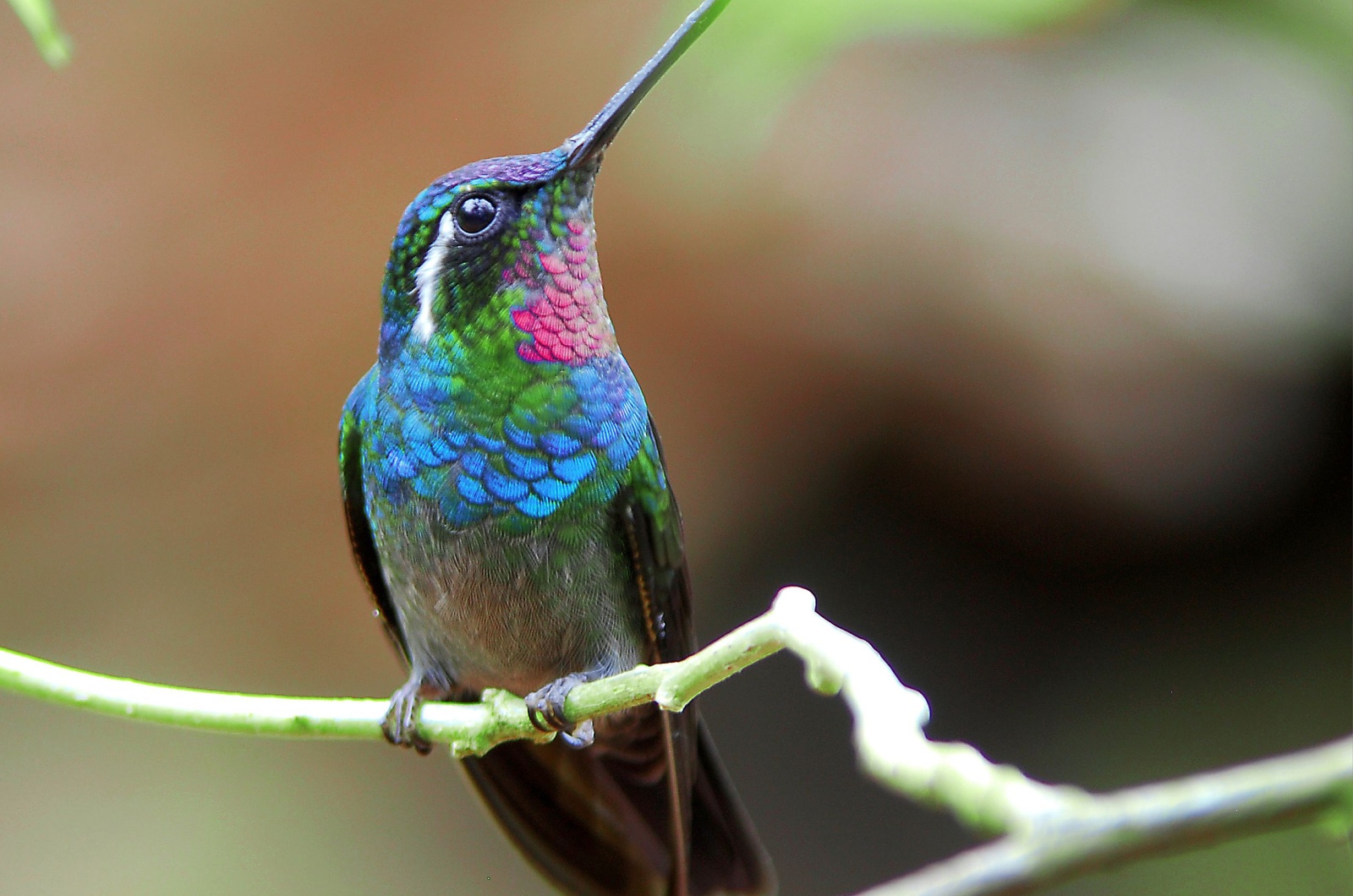
We all want hummingbirds in our yards, right? I even grow plants that attract hummingbirds and ensure water so that they can hang out in my garden a little longer.
Creating a safe haven for these birds starts with putting safe food in birdfeeders. Here’s what I mean:
• Use orange slices: Many bird species, including hummingbirds, have a sweet tooth and if you want to reward them, good old orange slices work every time!
• Make nectar: This method is as old as the hills and I’ve been using it for years. All you need to do is mix 1 part sugar with 5 parts water and stir it until it’s completely dissolved.
Please don’t add any dye to your homemade nectar because the artificial colors can harm birds.
• Change the sugar water every day: I’ve seen some mold and mildew buildup in my birdfeeders. I started cleaning them regularly and refreshing homemade nectar more often.
• Proteins matter: Hummingbirds have a special diet and they’ll benefit from some protein supply. If you have trees in your yard that have lots of aphids, spiders, and ants, place your feeders there.
With these easy methods, hummingbirds will feel safe and will definitely share your outdoor space with you!
And If You See A Hummingbird Covered In Jelly, You Can Do This
I hope you’ll never see a hummingbird covered in jelly. But if it happens, there’s one thing you can do if you don’t think you have enough time to take the bird to the vet.
Add 1 tsp of salt to about a cup of water to make a warm saltwater solution. Then clean the little bird while being as gentle as possible.
And never stop raising awareness of the danger of grape jelly for these delicate creatures.
Learning more about the behavior and preferences of hummingbirds is our way to contribute to the safety of these beneficial animals!


